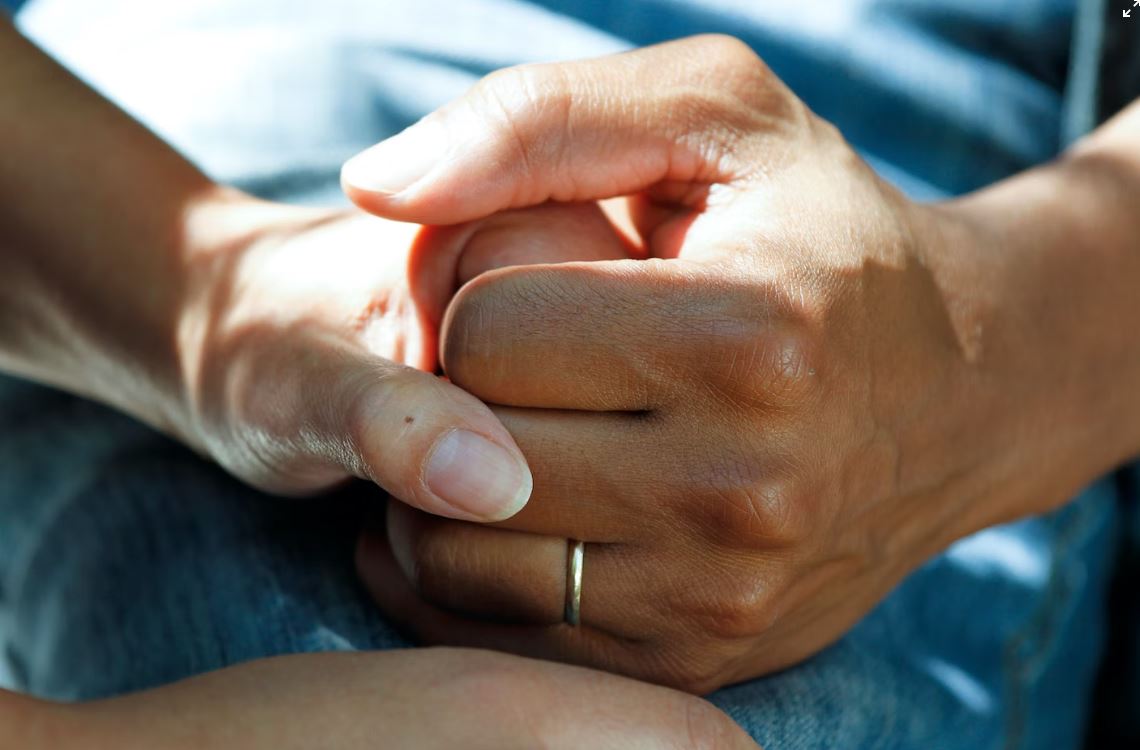
Turning away from an addiction of any kind can be difficult. The one who turns away from alcoholism should be celebrated and supported. You can help your loved one as they recover from alcoholism.
Let Your Loved One Know You are Proud of Them
Before anything else, you need to celebrate your loved one and the decision that they have made. Let them know that you are proud of them and that you are excited about what their future is going to hold. Help them as they share the news with others, and be supportive as they deal with the stigma that surrounds alcoholism and recovery.
Offer to Go to Support Meetings
Your loved one is going to have meetings that they should attend as they work on getting over their addiction. Those meetings might seem scary to them. Offer to attend the meetings with them until they get comfortable at them. Provide them with a ride to the meetings, and listen to all that is shared at the meetings so that you know how to best help them.
Provide Some Financial Assistance
Recovering from any addiction can be expensive. If you are able, offer to help pay for substance abuse treatment and any type of counseling that your loved one needs. Offer your loved one a place to stay if their addiction made them lose their home, and provide them with groceries when they need them. Be careful when giving financial help to someone overcoming an addiction, providing them with necessities only and making sure that they do not take the help that you are giving and use your money to pay for alcohol.
Spend Time with Your Loved One
The one who is getting over alcoholism needs to have entertainment options that do not involve drinking. You can be a friend to your loved one and help them have sober fun. Go to the movies with them, or invite them over to your house to play games. Be supportive by providing fun drinks that do not have alcohol in them and by avoiding drinking, yourself, when they are around.
You can show a loved one that you care by being there for them as they work on recovering from alcoholism. Find ways to be involved in the daily life of the one who is moving past an addiction.


